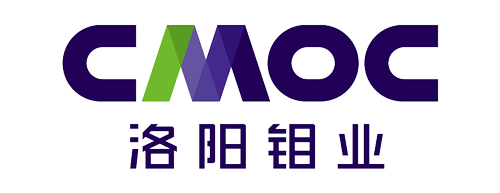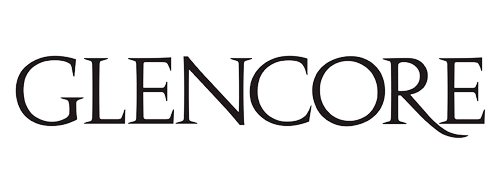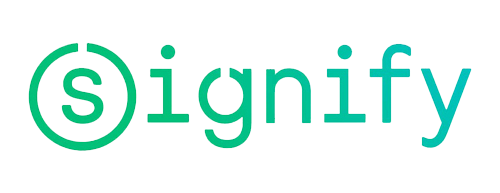The Fair Cobalt Alliance
Our Purpose
The FCA brings together actors across the cobalt supply chain, mobilising investment to strengthen and professionalise the artisanal cobalt mining sector. Working collaboratively, we deliver progressive on-the-ground improvements to working conditions and child rights, and develop income diversification schemes that enable long-term resilience for artisanal mining communities.
A Disconnected Source
The demand for cobalt is increasing as its use in batteries and everyday technology grows. Most of the world’s supply of this highly sought-after mineral is produced in the Congolese province of Lualaba, and a significant proportion of that originates from artisanal mines. For communities in the region, artisanal and small-scale mining (ASM) is one of very few easily accessible sources of employment.
ASM provides a livelihood for thousands in a country where many people have no job at all, yet it is associated with highly hazardous working conditions, systemic child labour, and unfair trading practices taking advantage of local workers selling to traders on the open market.
As it stands, most artisanal miners lack the means and expertise to adopt safer mining practices. While cobalt is heralded as a key ingredient in our global transition to a green economy, it is questionable whether the benefits it generates are being fairly distributed and reaching the communities who take the greatest risks in excavating it at its source.

Proud members of the Fair Cobalt Alliance
Our Objectives
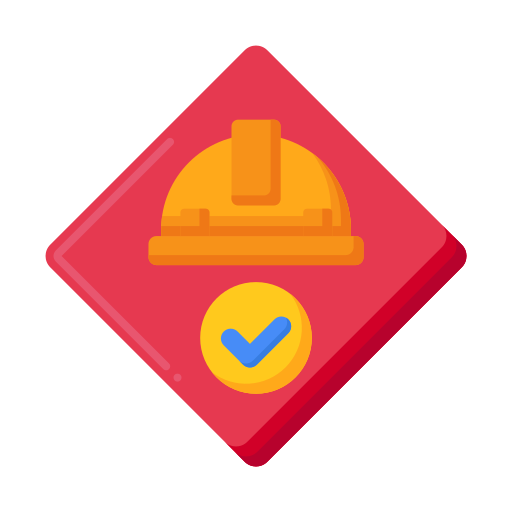
The FCA drives the development of fair cobalt by supporting the professionalisation of ASM site management, ensuring uptake of responsible mining practices and channelling financial investment into mine improvements. The goal is to make mines safer, minimising environmental impact and creating dignified working conditions for men and women working at the mines.
The occurrence of child labour in mining is a symptom of widespread poverty in the region and is not exclusive to the mining sector. In order to remediate and mitigate child labour in and around ASM sites and throughout local communities, we are working with local cooperatives and civil society to build a scalable child labour referral system to assist mine site operators in establishing effective controls and monitoring mechanisms.
Rather than simply banning children from mine sites, we seek to enable children identified at mines to attend school, benefit from vocational training and access job opportunities for local youth

We set out to address the root causes that perpetuate high risks associated with artisanal mining: widespread poverty. The need to make a living drives many miners to accept poor working conditions at artisanal mines, often including children that need to contribute to their families’ incomes by working in and around the mine.
In an effort to support the ASM community transition into sustainable livelihoods, we promote investment in programmes outside mining and into opportunities designed to create sustainable livelihoods for as many community members as possible.

Any organisation operating as part of — or associated with — the global cobalt supply chain should consider how it might best contribute to a solution. By taking a holistic approach, incorporating every stage of the supply chain, we can identify root causes and construct effective solutions to address the issues upstream.
“Gore Street Energy Storage Fund is proud to be a member of the Fair Cobalt Alliance. We share their commitment to a fair and
responsible cobalt supply chain that benefits everyone, from miners to consumers. Our partnership with the FCA allows us to
learn from the experts on the ground and make a real difference in the lives of miners and their communities who are essential
part of the global transition to a more sustainable future.”
Latest News
We have been blogging our activities and news since our conception in mid-2020. To keep you up to date with our progress, we have arranged our blogs by the date they were posted. We hope you enjoy reading our latest news and insights below.
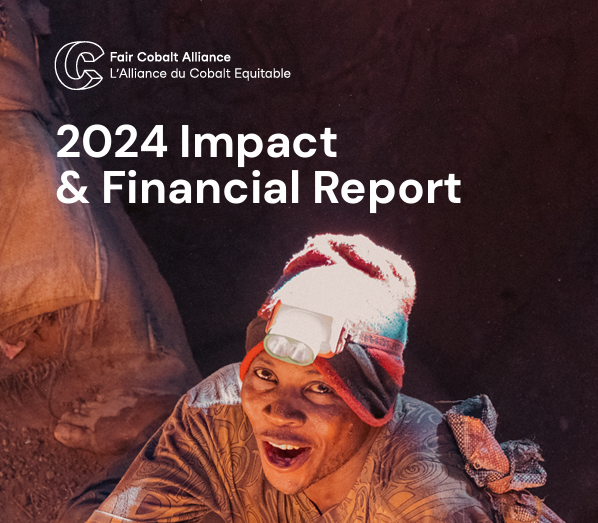
2024 Impact and Finance Report
In our commitment to stay transparent about our work in the DR Congo, we are proud to publish the 2024 Impact and Financial Report available here. Starting with a foreword (below) from the Chair of the Steering Committee, Ines Kaempfer, and the Executive Director of the FCA, Agathe Bukasa, the annual report offers a transparent […]
View article
Turning Cobalt Wealth into Community Prosperity: A Landmark Convening at Bellagio
Last week, at the prestigious The Rockefeller Foundation’s Bellagio Center on the shores of Lake Como, a diverse group of global stakeholders gathered to tackle the complex challenges and unlock opportunities linked to the artisanal and small-scale copper-cobalt sector in the Democratic Republic of Congo (DRC): How can the country’s vast artisanal copper-cobalt wealth be […]
View article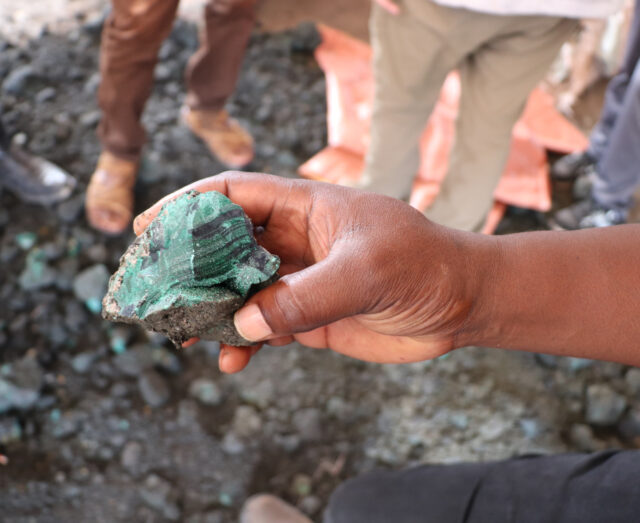
Cobalt Credit System – From Idea to Proof of Concept
Context To facilitate the market acceptance of responsibly produced ASM copper-cobalt, the Fair Cobalt Alliance (FCA) – together with Fairphone, a co-founding member of the FCA – launched the Cobalt Credits (CC) mechanism in August 2023 through the purchase of cobalt credits worth approximately USD 12,000 for around 2.5 tonnes of cobalt from the mine […]
View article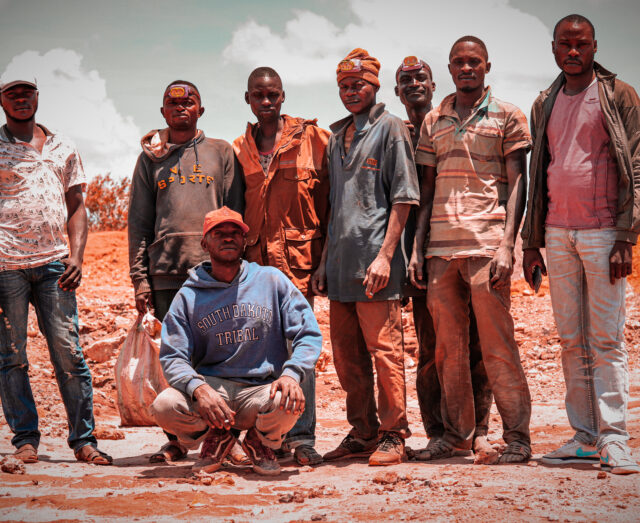
Publication of the Annual Survey Report
The Fair Cobalt Alliance (FCA) is evolving, and so is its knowledge base. Reflecting on the past year, I’m proud of the many strides we’ve made in strengthening our internal monitoring, evaluation, and learning systems. I genuinely believe that FCA, and The Impact Facility, is uniquely positioned to become a knowledge house in the ASM […]
View article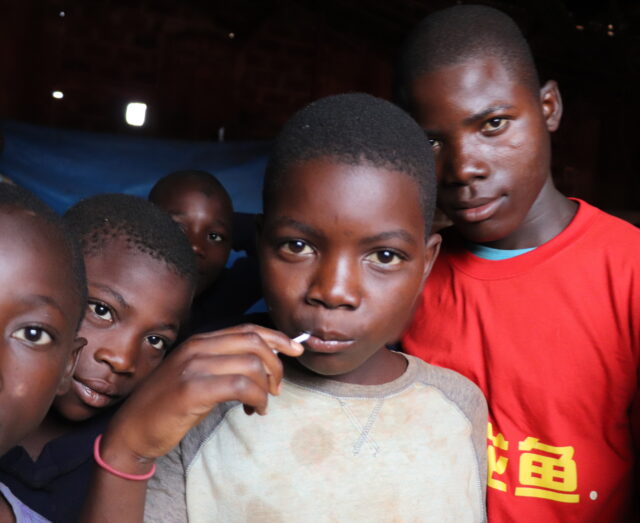
Webinar by FCA and The Hub on Human Rights Due Diligence and Tackling Child Labour in ASM Copper-Cobalt in September 18,2024
The Democratic Republic of the Congo (DRC) is Africa’s largest mining producer and supplies over 70% of the world’s cobalt. Minerals like copper and cobalt play a crucial role in the energy transition, with demand for these minerals expected to double in the next ten years. However, it is crucial that this transition protects the […]
View article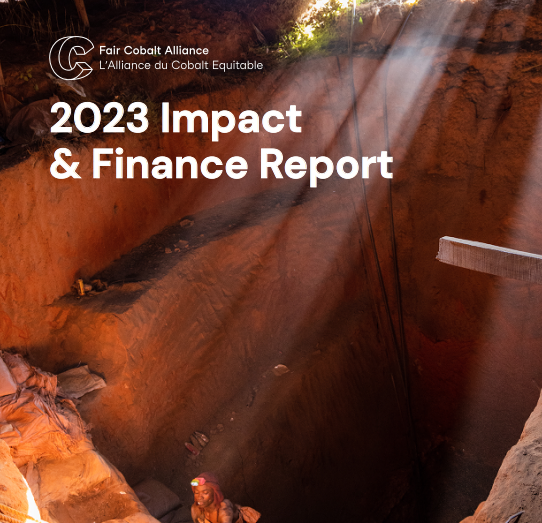
2023 Annual Report
Reflecting on 2023: FCA’s Official Impact and Financial Report By Camila Gomez Wills, Program Manager: Business and Human Rights, Responsible Sourcing and Sustainability at Tesla and Chairperson of the Steering Committee The Fair Cobalt Alliance (FCA) remains steadfast in its commitment to nurturing a responsible and equitable artisanal cobalt sector in the Democratic Republic of […]
View article


